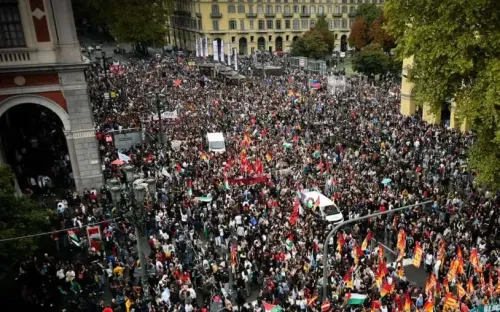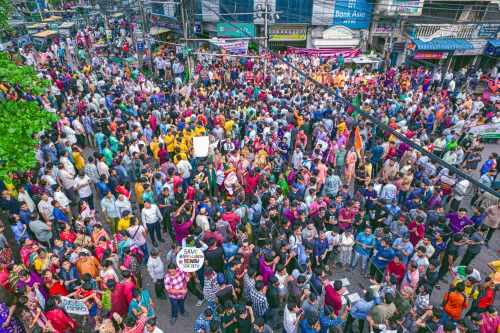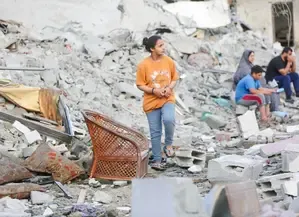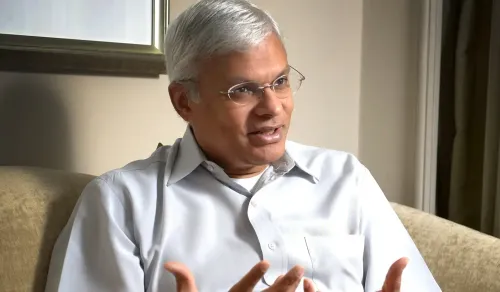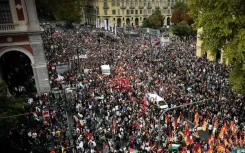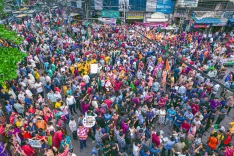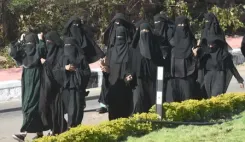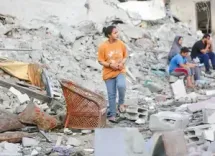How Are Afghan Refugees in Delhi Reacting to the Kabul Outreach?
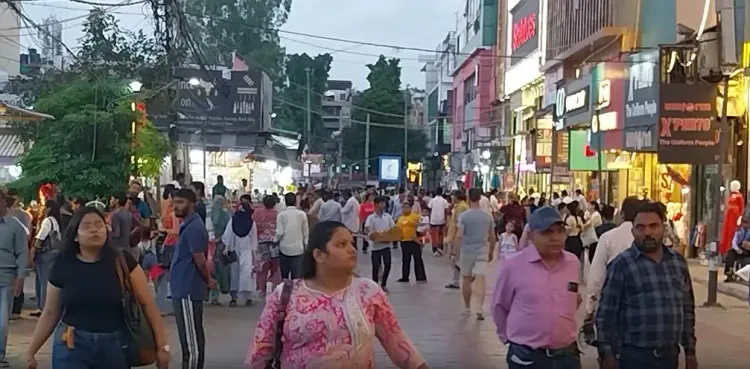
Synopsis
Key Takeaways
- Afghan refugees in Delhi express mixed emotions of hope and uncertainty.
- Recent diplomatic meetings may influence their future positively.
- Community members highlight the need for identity and job opportunities.
- Efforts from the Indian government and UNHCR are crucial for their support.
- Hope remains for tangible outcomes from ongoing discussions.
New Delhi, Oct 14 (NationPress) In the bustling alleys of New Delhi’s Lajpat Nagar, shops are tightly packed, offering a variety of items from utensils to clothing and furnishings. Nestled among these stores are popular eateries, many proudly serving Afghan cuisine.
Following a meeting on October 13 with Foreign Minister Amir Khan Muttaqi, some Afghan community members expressed a blend of cautious optimism, frustration, and uncertainty regarding their future.
“These discussions are held by influential figures in grand settings; they won’t provide immediate relief. We feel like the forgotten ones, yearning for an identity; I have no job, and my children lack access to education,” lamented Khaleed before disappearing into the crowd.
“Indeed, being a refugee presents challenges. However, India has welcomed us. I express my gratitude to the government for granting us asylum and to the wonderful people of this nation who support us, even without formal documentation, just a refugee card,” stated Faisal Payenda, Chairman of the Afghan Refugee Community in India.
Residing in Malviya Nagar, Payenda arrived in India in 2015. He mentioned the recent meeting with Muttaqi and estimated that around 15,000 Afghan refugees currently live in the capital.
While remaining hopeful, he and many community members echoed this sentiment. They believe that the ongoing diplomatic engagement signifies India’s historical connections with Afghanistan. They hope that better communication with Kabul could help secure protections for those already settled in India and facilitate more reliable humanitarian aid.
With a functional embassy, extending passport validity would be easier, simplifying visa processing. They also require approvals from the embassy and the UNHCR to manage banking operations.
Ahmad Faisal, residing in a small two-room space in Bhogal, is also aware of the Afghan representatives’ meeting with Muttaqi. He arrived in India in 2015, along with his parents and six siblings.
Having started as a street vendor, he now collaborates with a fellow Afghan who has been in India for over thirty years, operating one of the best-known Afghan restaurants in Lajpat Nagar.
“I learned that some representatives met the visiting Foreign Minister, discussing the potential return of properties we left in haste. But how can I go back now? I feel safer here,” Faisal shared from behind his modest desk at the restaurant.
“We may lack an identity, rendering us stateless, yet we are alive,” he expressed.
Despite a surge of Afghan asylum seekers arriving in India after the Taliban regained control of Kabul in 2021, many have since relocated to other nations. Although the UNHCR and civil society are actively supporting them, challenges persist for the diaspora, a common plight faced by refugees worldwide.
Nevertheless, the community sheds a tear of joy, clinging to the hope that these meetings will soon lead to tangible commitments aimed at safeguarding and regularizing their situation.

